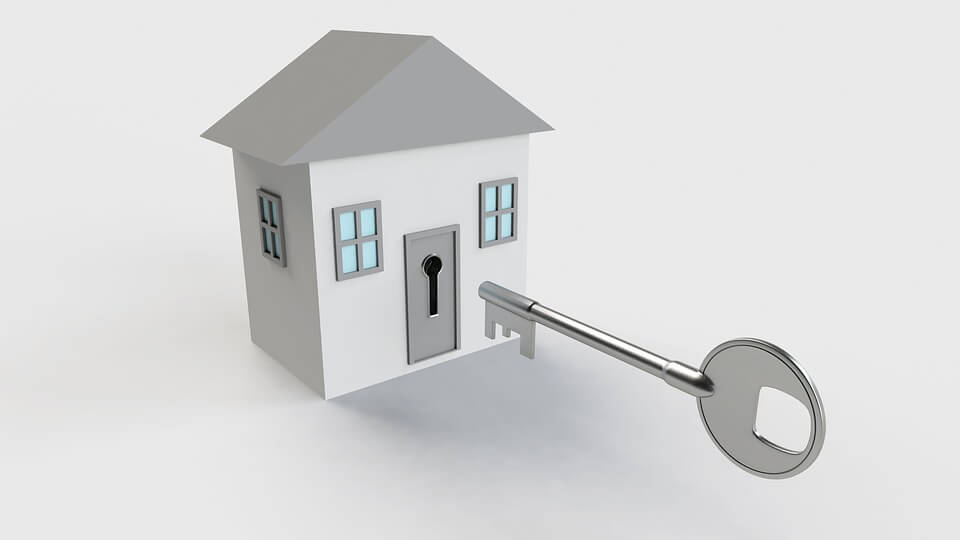
Renting
If you’re planning on expanding your online business to a physical location, you’re moving to a larger location because your business has grown, or you’re simply exploring launching a brick-and-mortar store — congratulations! That’s an exciting step.
While seeking out a storefront or an office space, your first major decisions will often involve the location, style and layout of a space. These factors will obviously make a huge impact on your business and its tone.
However, two important (and sometimes overlooked) considerations are as follows: who is responsible for maintenance issues, as-and-when they arise? And are there any major problems that need attention before you takeover a space?
Regularly, landlords are responsible for maintenance in a commercial lease — unless the problem has been caused by a tenant’s negligence.
Does the Space Require Modification or Maintenance Before Opening?
If you find a great space in a fantastic location, don’t get carried away too quickly. Regardless of if you’re renting or buying, take a close look with a critical eye. Check the electrical, waterpipes and the building’s structural integrity, including the roof.
Ask professionals to meet you on-site for their advice. For example, you could connect with a team like Professional Roofers — experts in roofing solutions and repairs on commercial buildings — for their expertise on the pre-existing roof, its condition and its longevity. You could even pay an inspection agency to inspect the entire property for issues, including environmental contaminants.
Consulting with specialists is always a good idea before signing on the dotted line.
Make Sure Maintenance, and Replacement Projects Are Noted in Writing
Problems may be uncovered before you’ve moved in and during your lease (to continue our example, perhaps the roof needs to be repaired or replaced). If so, include answers to these specific questions in your lease:
- What’s the estimated timeframe for said repairs?
- Will there be a rebate on your rent should the business need to close temporarily for repairs?
- How long are the warranties on repairs or replacements?
- If maintenance teams need to be on-site beyond regular business hours, who is responsible for letting them in?
- Who will be financially responsible for both upgrades and maintenance moving forward? How will you establish whether a maintenance problem is because of tenants’ negligence?
- Should tenants’ properties be damaged in the event of building issues, who is responsible for paying? Is this covered by your business insurance, or is the landlord responsible via their building insurance? And if this is covered by your business insurance, what happens if your insurance company does not cover the full cost of the damages?
Making sure there’s an efficient plan of action in your lease should problems arise will mitigate confusion, complications, and potential headaches at a time when your energy should be focused on bettering your business.
Poor Maintenance Management Can Affect Business
Performing your due diligence in advance of signing a lease is incredibly important if you plan on being in the space for many years; you don’t want any unpleasant (and potentially destructive) surprises. For example, having to close while a leaky roof is repaired will lose you customers or clients; furthermore, costly products and equipment could be damaged.
Should leaks or other detrimental issues arise, take photos and record everything — including dates and times. In an ideal world, landlord and tenant relationships are harmonious, but sometimes things can go awry.
Cross Your t’s and Dot Your i’s
Do extensive research on a property and its lease and look at the investment from all angles. Furthermore, investigate the landlord and building owner — sometimes a landlord does not own the building — for any red flags online. Having a thoroughly considered lease which has every eventuality covered will set you up for success moving forward.





